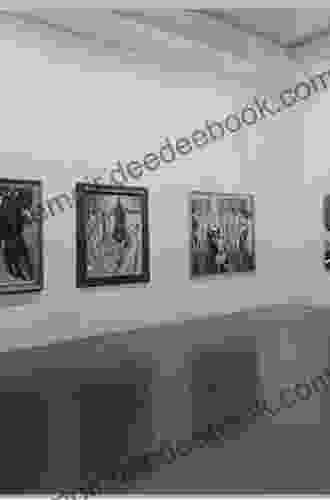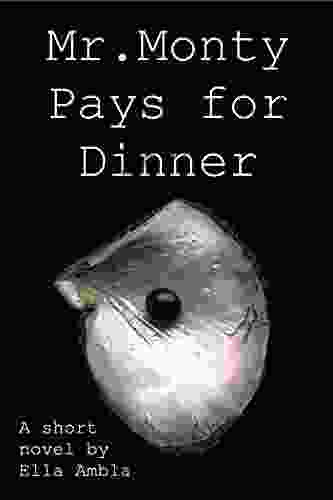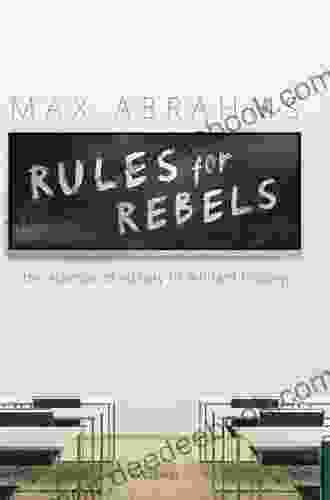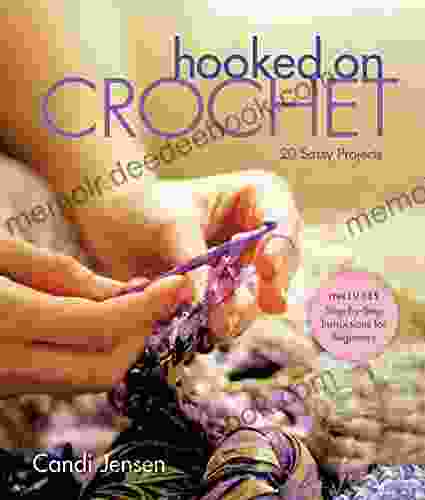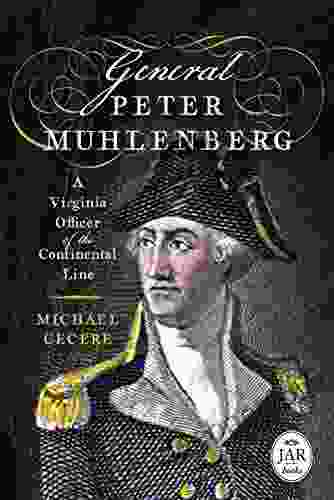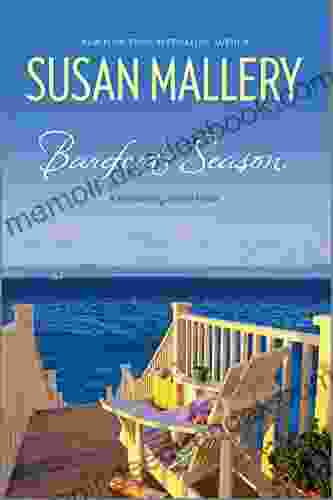Answering Degenerate Art in 1930s London: Routledge Research in Art Museums and Galleries

In the tumultuous 1930s, Europe witnessed the rise of totalitarian regimes that sought to control and manipulate cultural expression. Among these, the Nazi regime in Germany unleashed a relentless campaign against modern art, branding it as "degenerate" and unworthy of public display. This article investigates the complex debates surrounding "degenerate art" in 1930s London, exploring how artists, critics, and the public responded to the Nazi regime's condemnation. Through the lens of Routledge Research in Art Museums and Galleries, we delve into the historical significance of this episode and its enduring relevance to contemporary art and culture.
5 out of 5
| Language | : | English |
| File size | : | 26151 KB |
| Text-to-Speech | : | Enabled |
| Screen Reader | : | Supported |
| Enhanced typesetting | : | Enabled |
| Print length | : | 242 pages |
The Nazi Condemnation of Modern Art
In 1933, the Nazi regime launched a systematic attack on modern art, labeling it as "degenerate" and a threat to German values. This condemnation was rooted in the Nazis' conservative ideology, which glorified traditional and idealized forms of representation. Modern art, with its abstract and experimental tendencies, was seen as a manifestation of cultural decline and moral degeneracy.
The Nazis' campaign against degenerate art extended to museums and galleries across Germany. Works by prominent artists such as Pablo Picasso, Wassily Kandinsky, and Otto Dix were removed from public collections and subjected to public ridicule. In 1937, the Nazis organized a highly publicized exhibition in Munich titled "Degenerate Art," which showcased more than 600 confiscated artworks as a warning against the dangers of modernism.
"Degenerate Art" in 1930s London
The Nazi condemnation of modern art had significant repercussions in London, a city that had long been a haven for avant-garde artistic expression. In response to the Nazi propaganda, a number of exhibitions were organized in London to showcase and defend modern art. These exhibitions played a crucial role in shaping public opinion and challenging the Nazi narrative.
One of the most influential exhibitions was the "International Surrealist Exhibition" held at the London Gallery in 1936. This exhibition brought together works by leading Surrealist artists from across Europe, including Salvador Dalí, Max Ernst, and René Magritte. The exhibition presented a defiant response to the Nazi condemnation of modern art, demonstrating the vitality and diversity of artistic expression in the face of political oppression.
Another significant exhibition was "Twentieth-Century German Art" held at the Tate Gallery in 1938. This exhibition featured works by German artists who had been labeled as "degenerate" by the Nazis. The exhibition provided a platform for these artists to showcase their work and challenge the Nazi propaganda.
Public Perception and Debate
The exhibitions organized in London in response to the Nazi condemnation of modern art sparked lively debates in the public sphere. Newspapers and magazines published articles exploring the complex issues surrounding "degenerate art." Intellectuals and artists engaged in passionate discussions about the role of art in society and the importance of artistic freedom.
Public opinion on "degenerate art" was divided. Some people were receptive to the Nazi propaganda and condemned modern art as a threat to traditional values. Others were outraged by the Nazi censorship and defended the right to artistic expression. The debates surrounding "degenerate art" reflected the broader political and cultural tensions of the time.
The Legacy of "Degenerate Art"
The Nazi condemnation of modern art had a profound impact on the art world and beyond. It highlighted the dangers of artistic censorship and the importance of protecting artistic freedom. The exhibitions organized in London in response to the Nazi propaganda played a crucial role in raising awareness about the threat to modern art and in challenging the Nazi narrative.
The legacy of "degenerate art" continues to resonate in contemporary art and culture. The term "degenerate art" has been used to describe art that challenges social norms and conventions. Artists and critics continue to draw inspiration from the works of artists who were labeled as "degenerate" by the Nazis. The debates surrounding "degenerate art" serve as a reminder of the importance of artistic freedom and the need to resist censorship in all its forms.
The Nazi condemnation of modern art in 1930s London was a complex and controversial episode that had a significant impact on the art world and beyond. The exhibitions organized in London in response to the Nazi propaganda played a crucial role in shaping public opinion, challenging the Nazi narrative, and defending artistic freedom. The debates surrounding "degenerate art" continue to resonate in contemporary art and culture, highlighting the importance of artistic freedom and the need to resist censorship in all its forms.
References
- Barron, Stephanie. "Degenerate Art: The Fate of the Avant-Garde in Nazi Germany." Los Angeles: Getty Publications, 1991.
- Evans, Richard J. "The Third Reich in Power." New York: Penguin Books, 2006.
- Friedländer, Saul. "Nazi Germany and the Jews." New York: HarperCollins, 2007.
- Gill, Anton. "The Battle for British Art: The Nation's Struggle for a Modern Art, 1910-1946." New Haven: Yale University Press, 2019.
- Nochlin, Linda. "The Politics of Vision: Essays on Nineteenth-Century Art and Society." London: Thames and Hudson, 1989.
5 out of 5
| Language | : | English |
| File size | : | 26151 KB |
| Text-to-Speech | : | Enabled |
| Screen Reader | : | Supported |
| Enhanced typesetting | : | Enabled |
| Print length | : | 242 pages |
Do you want to contribute by writing guest posts on this blog?
Please contact us and send us a resume of previous articles that you have written.
 Novel
Novel Chapter
Chapter Story
Story Reader
Reader E-book
E-book Magazine
Magazine Newspaper
Newspaper Bookmark
Bookmark Shelf
Shelf Bibliography
Bibliography Foreword
Foreword Preface
Preface Synopsis
Synopsis Footnote
Footnote Manuscript
Manuscript Scroll
Scroll Codex
Codex Library card
Library card Narrative
Narrative Encyclopedia
Encyclopedia Dictionary
Dictionary Narrator
Narrator Borrowing
Borrowing Periodicals
Periodicals Study
Study Research
Research Scholarly
Scholarly Reserve
Reserve Academic
Academic Journals
Journals Reading Room
Reading Room Rare Books
Rare Books Special Collections
Special Collections Literacy
Literacy Dissertation
Dissertation Storytelling
Storytelling Reading List
Reading List Book Club
Book Club Theory
Theory Textbooks
Textbooks Trinka Hakes Noble
Trinka Hakes Noble Waldtraut Lewin
Waldtraut Lewin Paul Reilly
Paul Reilly Lawrence Compagna
Lawrence Compagna G B Trudeau
G B Trudeau Pieter Waterdrinker
Pieter Waterdrinker George Yool
George Yool Anthony Reid
Anthony Reid Lester Ferguson
Lester Ferguson Anthea Sharp
Anthea Sharp Tarell Alvin Mccraney
Tarell Alvin Mccraney Edith Skinner
Edith Skinner Emile Zola
Emile Zola Ali Mcnamara
Ali Mcnamara Susan Chernak Mcelroy
Susan Chernak Mcelroy Jessica Trisko Darden
Jessica Trisko Darden William Enckhausen
William Enckhausen Donna Sylvester
Donna Sylvester James D Boys
James D Boys Ashley Blooms
Ashley Blooms
Light bulbAdvertise smarter! Our strategic ad space ensures maximum exposure. Reserve your spot today!
 Randy HayesFollow ·19.6k
Randy HayesFollow ·19.6k Hank MitchellFollow ·2.6k
Hank MitchellFollow ·2.6k Howard BlairFollow ·14.3k
Howard BlairFollow ·14.3k Alex ReedFollow ·2.1k
Alex ReedFollow ·2.1k Cruz SimmonsFollow ·6.1k
Cruz SimmonsFollow ·6.1k Milan KunderaFollow ·9.7k
Milan KunderaFollow ·9.7k Jayden CoxFollow ·13.3k
Jayden CoxFollow ·13.3k Paulo CoelhoFollow ·12.6k
Paulo CoelhoFollow ·12.6k

 Vernon Blair
Vernon BlairHow to Get a Woman to Pay for You: A Comprehensive Guide...
In the modern dating...

 Levi Powell
Levi PowellPrinciples and Theory for Data Mining and Machine...
Data mining and machine learning are two...
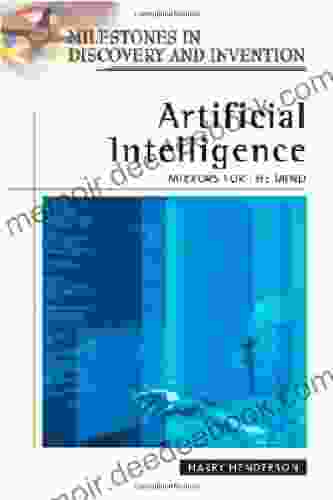
 Andrew Bell
Andrew BellMirrors For The Mind: Milestones In Discovery And...
Mirrors have been a part of human history...

 Alec Hayes
Alec HayesDelving into Natural Language Processing with Java and...
Natural Language Processing (NLP) is an...
5 out of 5
| Language | : | English |
| File size | : | 26151 KB |
| Text-to-Speech | : | Enabled |
| Screen Reader | : | Supported |
| Enhanced typesetting | : | Enabled |
| Print length | : | 242 pages |


